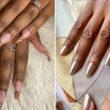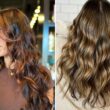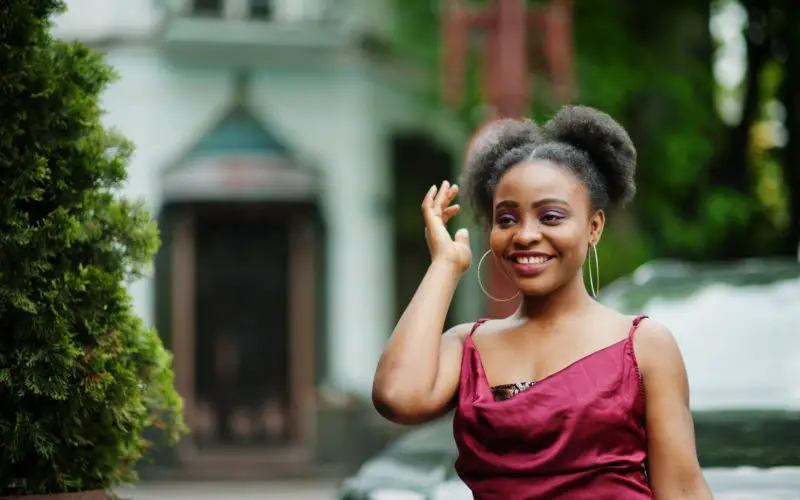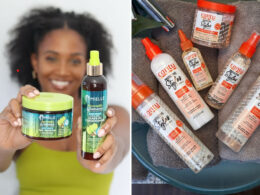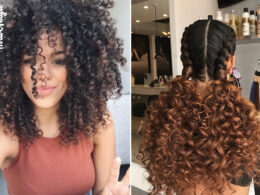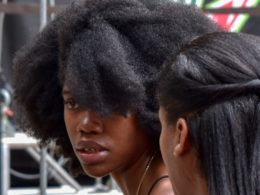The hair masks vs deep conditioners debate made an entry into the natural hair community because we do a ton of things to our natural hair now; from coloring to heat styling, chemical treatments for locs, etc, so, there is an increased need for more and more to be done or considered when it comes to maintaining hair health.
As a result of all these things we do to our hair, our hair is more prone to damage and dryness, hence a lot of things have gained recognition when it comes to hair care, and moisturizing tops the chart because everything from weather to daily styling strips the hair of moisture.
We know we have to consistently moisturize our hair to mitigate dryness and breakage, that adequate moisture gives the hair shine and bounce, we know that moisturizing helps with hair growth and volume and most importantly, moisture makes the hair softer and easier to manipulate.
Basically, moisturizing natural hair properly will make a whole world of difference and that is why we take it seriously.
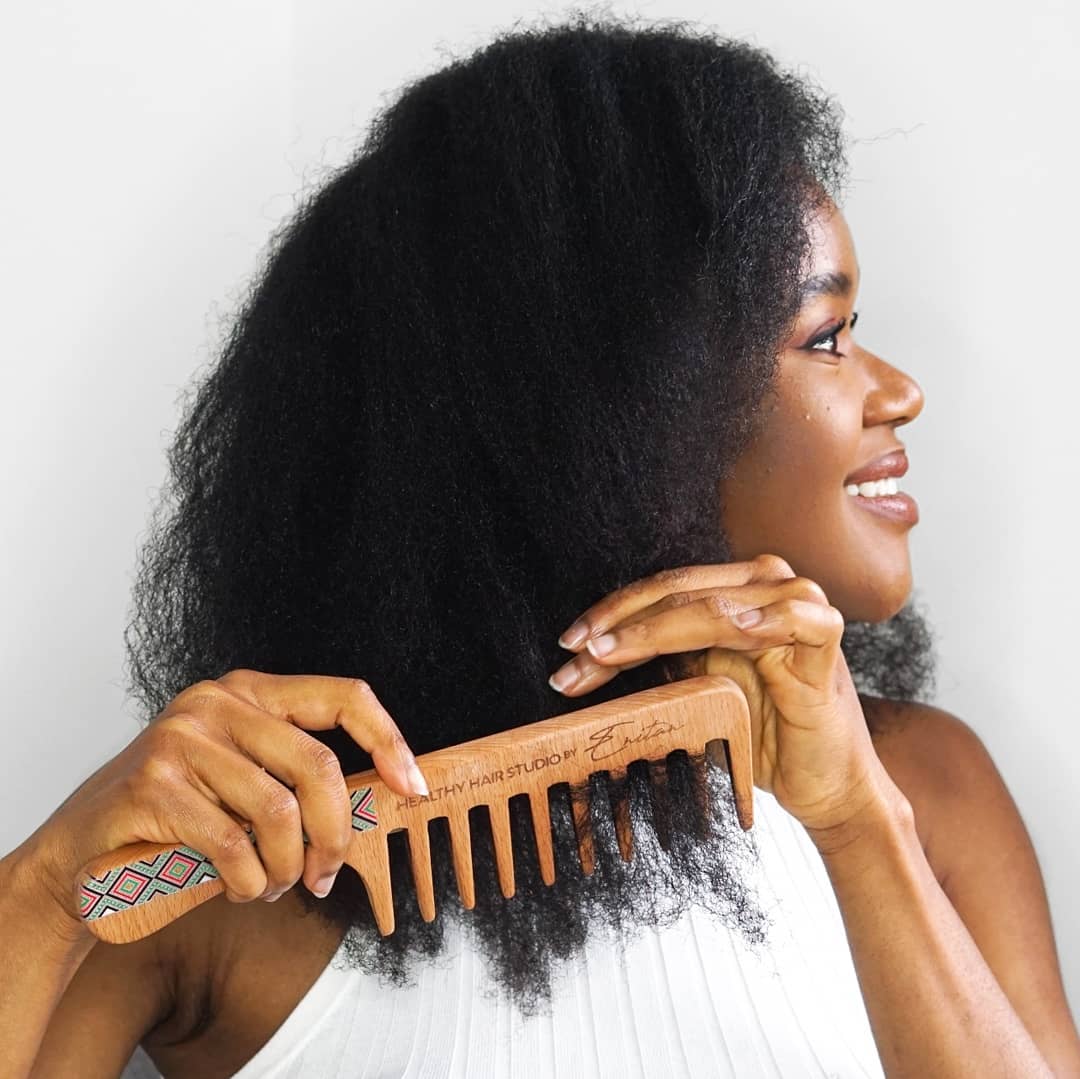
Now, what is the best way to moisturize? Conditioners. Everything from store-bought conditioners to DIY conditioners. The focus today is on deep conditioners because it has a sister or best friend, hair masks, that we often confuse to mean the same thing as deep conditioners, or are they the same? No, they are not.
They are touted as different things or the same things depending on the brand that created the deep conditioner or mask, but technically, they have different uses. Of course, the fundamental use of both hair treatments is to foster hair growth and give us healthy hair, but they have completely different uses.
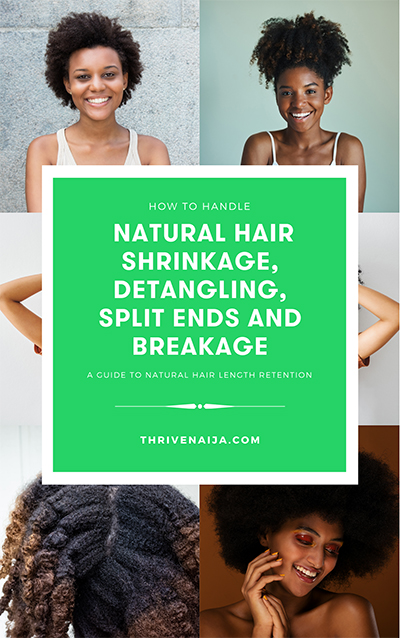
GET A COPY OF OUR NEW BOOK!!!
Dealing with a couple of issues with your Natural hair? Our guide tackles four of the biggest issues natural hair babes face.
- Natural hair shrinkage.
- Detangling.
- Managing split-ends.
- And breakage.
We call it a guide to natural hair length retention. We’re excited about it and we’re sure you’ll find it very helpful.
Hair Masks vs Deep Conditioners: The Difference
Here are a few differences between hair masks and deep conditioners you may have missed.
Deep Conditioners
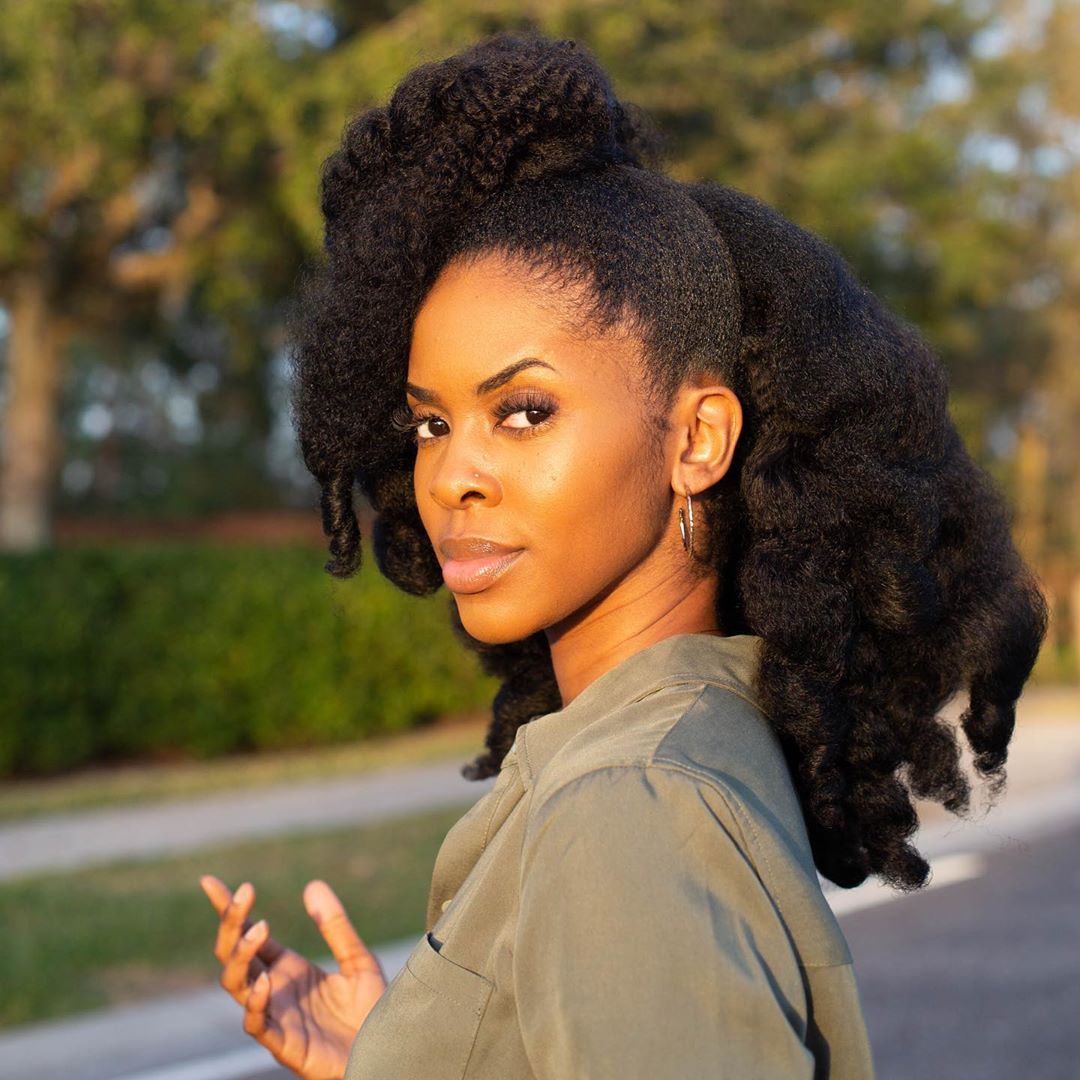
Remember I said deep conditioners are used to improve the moisture of the hair, to make it softer and shinier? Yes, that’s all there is to deep conditioners.
The edge deep conditioners have over other conditioners is that it does the best job of conditioning; because it is formulated to properly enter the hair, it has protein to nourish the hair and the use of heat opens up the hair cuticles to receive the conditioner and that is the main thing, if your cuticles are not moisturized, your hair will only look shiny, but it will still be dry and prone to breakage.
So, if you are having a breakage problem, it is a better idea to invest in a good deep conditioner.
Store-bought Deep Conditioners and DIY Deep Conditioners
Mega Growth, Beautiful Textures, and Eden Bodyworks Deep Conditioners do fine jobs of deep conditioning. Check out other deep conditioners we think are perfect for natural hair.
However, if you’re a DIY Royalty like me, I have good news for you. Walk into your kitchen and get some eggs, mayonnaise, avocado, olive or coconut oil, and if you have any aloe vera, glycerin and honey around, you can add these to the mix.
You don’t have to have all the ingredients, blend two or three of these, heat it the mixture up and apply to your hair strands, then wear a plastic cap and wear a steam cap or sit under a dryer for 15-30 minutes to get the best out of this treatment and finally rinse out.
Hair Masks/Masques
Hair Masks or Masques are a reparative treatment for the hair. They are treatment for specific problems like itchy scalp, frizzy hair, oily scalp, protein deficiency etc.
They are a mixture of highly moisturizing kinds of butter, oils, conditioning ingredients and are best for damaged hair and are like a facial for the hair. The was facial can help to balance the complexion of your face, the hair mask conceals your hair, travels into the hair cuticles to strengthen weak hair, shape up the imbalances of the hair, conceals and heals other inconsistencies regarding hair integrity.
Unlike deep conditioners, hair masks can be applied from scalp to hair ends.
Basically, hair masks do a better job of dealing with serious cases of dry, damaged hair. This is not to mean that people with healthy hair can not do hair mask treatments, I think that all hairs should do hair mask treatments, but do varying degrees depending on the health of your hair.
DIY Hair Masks
There are a lot of fine, industrially produced hair masks out there, but if you have trouble finding one or would rather make yours, it’s easy to make your own.
Bring out the same ingredients you would use to make a cup of your favorite smoothie. Bananas, yogurt, avocado, add some eggs and oils of your choice, add some honey if you want, apply to your hair, wear a plastic cap, hair masks don’t need heat like deep conditioners do, let it sit for as long as you want and then rinse out.
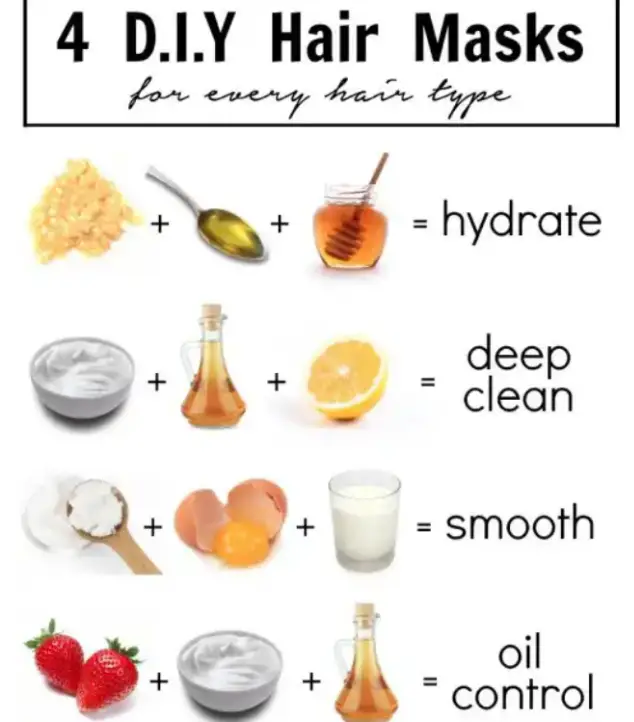
Who Should Use Deep Conditioners or Hair Masks?
People who use a lot of heat styling, hair coloring, and chemicals in their hair are most prone to hair damage and even high porosity hair and so need hair masks and subsequently, deep conditioners, but it is important to note that people with healthy or damaged hair can benefit from these hair treatments, it is the frequency of use that is solely dependent on your hair porosity and needs. Nothing is set in stone when it comes to hair care, your hair should dictate what you do to it.
When Should You Deep Condition or Wear Hair Masks?
These hair treatments should ideally be done after your natural hair to washed and when it is wet. Because you can do both deep conditioning and hair mask treatment in the same hair routine, it is advisable to do the hair mask before going in with a deep conditioner.
It is very easy to mix these things up, but simply put, hair masks are to conceal and repair damaged hair and deep conditioners are used to improve the appearance, moisture and malleability of the hair.
FINAL NOTE: Aloe vera, glycerin and honey are humectants, they naturally attract moisture and so they are great for conditioning. However, these could draw too much moisture and weigh your hair down, so it’s only best to use these if you have low porosity hair.


